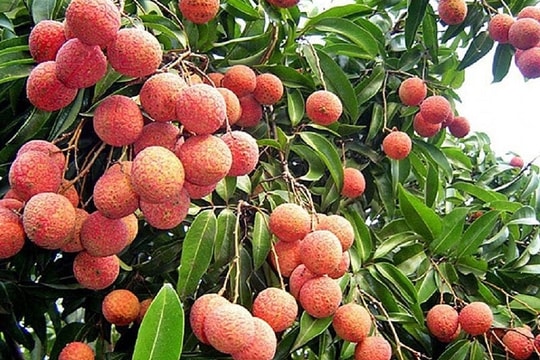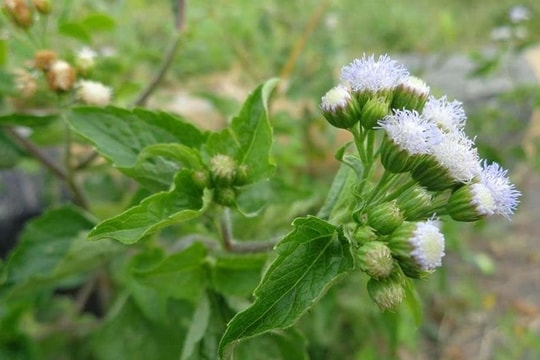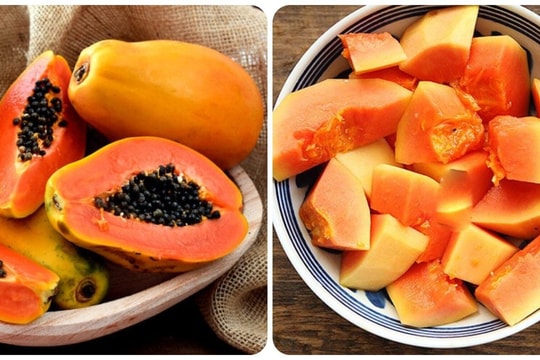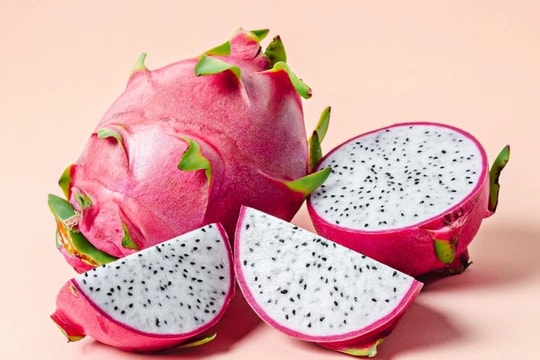Recognizing cow's milk allergy in children
Cow's milk allergy in young children may not be recognized, and may even be "wrongly blamed" on digestive tract disease.
 |
| Breast milk is the best choice for babies /// Shutterstock |
After a period of itchy rash, the 18-month-old boy was taken by his mother to the National Children's Hospital (Hanoi). The boy's mother said: "Sometimes my child has a red rash around his mouth. These rashes only appear 5-10 minutes after each time he drinks milk. Initially, the rashes appear around the mouth, sometimes spreading to the face, then to the arms, legs and abdomen." At the allergy clinic of the National Children's Hospital, after examination and being assigned to do a test, the results showed that the boy was allergic to cow's milk protein.
Another case is a 6-month-old girl in Hanoi whose parents brought her to the doctor because she often vomited and had diarrhea, sometimes even passing blood after drinking milk. Suspecting that her child had dysentery, the family took her to the National Children's Hospital for examination. After taking her to the doctor and doing tests to rule out the cause of the disease, the family was extremely surprised when the doctor told them that the "culprit" causing the child's prolonged diarrhea was an allergy to cow's milk protein.
According to Dr. Nguyen Ngoc Quynh Le, an immunology - allergy - rheumatology specialist (National Children's Hospital), cow's milk protein allergy is a reaction of the child's immune system to the protein in cow's milk and products derived from cow's milk. Cow's milk protein allergy has the highest incidence rate among food allergies that infants (newborn to 30 days old) and young children often encounter (about 2 - 7.5% of children in this age group). Cow's milk protein allergy usually occurs from a few minutes to a few hours after consuming milk or dairy products, and this condition will mostly end before the child turns 3 years old.
Dr. Le added that the Department of Immunology - Allergy - Arthritis (National Children's Hospital) has received many cases of cow's milk protein allergy. In addition to the signs of rash after drinking cow's milk, children in this group may also experience wheezing and vomiting. The above allergic symptoms can appear immediately after the child drinks milk (within 2 hours). Some children with late allergies (over 48 hours) often have some symptoms such as loose stools, possibly with blood, diarrhea, abdominal distension, which can easily be confused with gastrointestinal diseases.
Caring for children with cow's milk protein allergy
Dr. Le added that children with cow's milk protein allergy are at risk of other food allergies such as eggs, soybeans, peanuts, beef, peanuts, etc.; atopic dermatitis, allergic rhinitis, etc. Children whose fathers and/or mothers have a history of allergic diseases such as drug allergies, hives, asthma, allergic rhinitis, etc. are often at higher risk of cow's milk protein allergy than other children. "When children are diagnosed with cow's milk protein allergy, they need to abstain from cow's milk and cow's milk products and should avoid using other types of animal milk. It is necessary to pay attention to the information on the product label to avoid giving children products containing cow's milk protein," the doctor instructed.
According to experts, cow's milk protein allergy is usually only a temporary condition and most children will recover when they are 1-4 years old. At that time, the doctor will examine and prescribe the child to try using regular nutritional products containing cow's milk again. However, this needs to be monitored by a doctor.
According to TNO
| RELATED NEWS |
|---|








